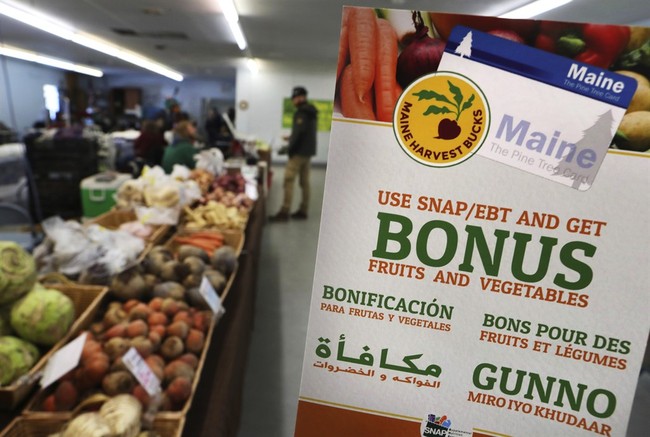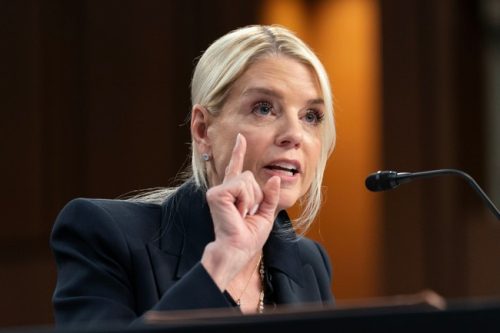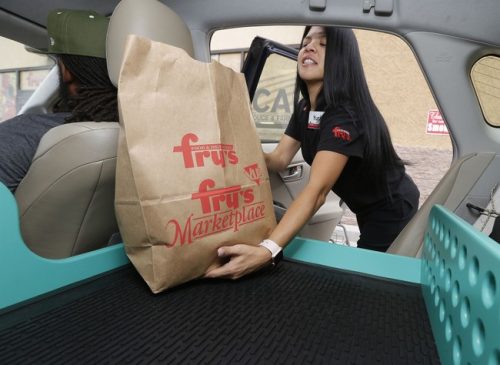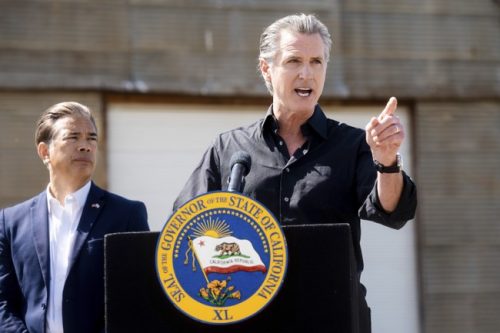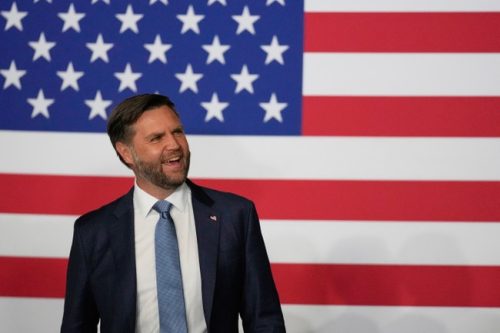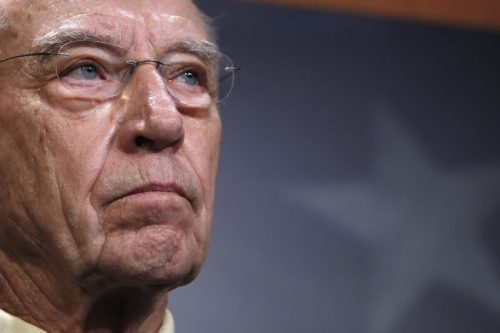The USDA and Secretary Brooke Rollins are being sued by a coalition of 23 state attorneys general and three governors after a federal shutdown led to a freeze in Supplemental Nutrition Assistance Program benefits that affect more than 40 million Americans. The suit alleges the USDA has contingency funds that could cover SNAP but plans to stop benefits come November 1, while Democratic senators repeatedly voted against reopening the government. This standoff centers on spending priorities in Congress and whether the agency will tap emergency reserves to prevent families from going without food.
The lawsuit argues the agency has access to billions in SNAP-specific contingency funds appropriated by Congress and that choosing not to use them will leave millions hungry. Plaintiffs point out that USDA has used emergency funding for other programs during the shutdown, making the decision not to fund SNAP appear discretionary. That alleged choice is the legal hook: states say the USDA has the authority and money to continue benefits but is withholding them as a policy decision tied to the shutdown drama.
Federal lawmakers shut down the government on Oct. 1 because of different spending priorities, and Democrats in the U.S. Senate have repeatedly voted no on votes to reopen the government. Reopening requires 60 votes, but Republicans can only muster 54 so far, and Senate Minority Leader Chuck Schumer has refused to reopen the government. The political impasse is now playing out in court as states press the USDA to use contingency funds to cover SNAP in November.
When asked about the shutdown, Katherine Clark, D-Mass, Democratic Whip of the U.S. House of Representatives, responded.
Democrat Whip Rep. Katherine Clark: "Shutdowns are terrible. Of course there will be families that are going to suffer. We take that responsibility seriously, but it is one of the few leverage times we have."
Talk about saying the quiet part out loudpic.twitter.com/ZVfPNyZuMi
— Greg Price (@greg_price11) October 22, 2025
2025.10.28 Complaint by scott.mcclallen
The complaint names a long list of plaintiffs: Attorney General Nessel and the attorneys general of Arizona, California, Colorado, Connecticut, Delaware, the District of Columbia, Hawai‘i, Illinois, Maine, Maryland, Massachusetts, Minnesota, Nevada, New Jersey, New Mexico, New York, North Carolina, Oregon, Rhode Island, Vermont, Washington, and Wisconsin. The governors of Kansas, Kentucky, and Pennsylvania have also joined the suit, turning this into a broad, multi-state legal challenge. That wide coalition underscores the stakes for state budgets and for residents who rely on SNAP as a basic safety net.
Michigan Attorney General Dana Nessel placed blame on the Trump administration despite its vocal position in favor of reopening the government, arguing that emergency reserves were created for moments like this. “Emergency funding exists for exactly this kind of crisis,” Nessel said. “If the reality of 42 million Americans going hungry, including 1.4 million Michiganders, isn’t an emergency, I don’t know what is. It is cruel, inhumane, and illegal to hold back emergency reserves while families struggle to put food on the table.”
Rollins rejected this claim in a Fox News interview.
The lawsuit lays out that USDA has funded other programs using emergency funds during the shutdown yet has declined to apply the SNAP contingency money for November distributions. Plaintiffs insist the decision will cause immediate harm, not just to benefit recipients but to the businesses that accept SNAP payments. Grocers and small merchants in many states rely on SNAP as a steady revenue stream, and a sudden suspension would ripple through local economies.
On October 10, USDA sent a letter to state SNAP agencies warning that if the shutdown continues there would be insufficient funds to pay full November SNAP benefits. The agency’s notice is central to the case because it sets a clear date for potential disruption and creates urgency for a judicial remedy. If contingency funding exists and is lawful to use, states argue the USDA must choose the beneficiaries over politics.
This shutdown is now the second-longest since 1981 and its human cost is mounting as families and merchants brace for missed payments. The 51-page lawsuit details how suspending benefits will harm hundreds of thousands of grocers and merchants that accept SNAP across the country and how the freeze compounds financial stress in already-tight household budgets. Plaintiffs ask the court to order the USDA to deploy contingency funds so benefits continue without interruption.
Legal filings emphasize both statutory authority and practical need, asking judges to halt any move that would cut SNAP payments when funds are allegedly available. From the plaintiffs’ view, the USDA’s refusal to deploy contingency funds is administrative discretion exercised at the cost of vulnerable Americans. Courts will now decide whether the agency must prioritize feeding families over the political standoff in Washington.
Editor’s Note: The Schumer Shutdown is here. Rather than put the American people first, Chuck Schumer and the radical Democrats forced a government shutdown for healthcare for illegals. They own this.

